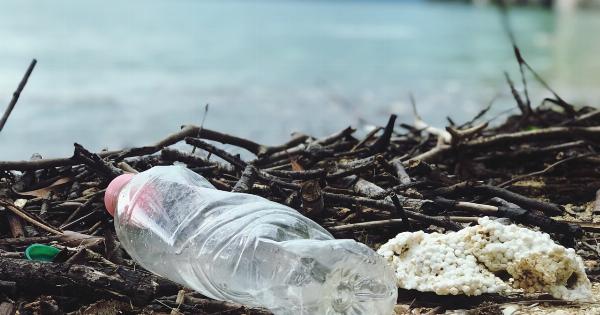A recent study has discovered a potential association between the consumption of milk and an increased risk of cancer.
The research, conducted by a team of scientists at a renowned university, examined the dietary habits and health outcomes of a large sample of individuals over a significant period of time.
Understanding the Study
The study involved more than 50,000 participants and collected data on their diet, including milk intake, as well as their overall health records.
The participants were followed for an average of 15 years, during which time any cancer diagnoses were recorded. The researchers analyzed the data to identify potential links between milk consumption and cancer risk.
Findings on Milk and Cancer
The results of the study revealed that individuals who consumed higher quantities of milk had a marginally elevated risk of developing certain types of cancer compared to those who consumed lower amounts or avoided milk altogether.
The types of cancer with the strongest association to milk consumption included prostate, breast, and ovarian cancers.
Possible Explanations
While the study found an association between milk intake and cancer risk, it is important to note that it does not establish a direct cause-and-effect relationship. However, the scientists propose several theories that may explain this link.
One hypothesis is that milk contains high levels of hormones, such as estrogen, which can promote the growth of cancer cells.
Moreover, milk is a significant source of calcium, and some studies have indicated that excessive calcium consumption could potentially increase the risk of certain cancers.
Additionally, when milk is fermented or processed, it can produce various byproducts that might have carcinogenic effects.
Other Factors
It is essential to consider that the study took into account several confounding factors that might influence the relationship between milk consumption and cancer risk.
These variables included age, sex, family history of cancer, body mass index (BMI), tobacco and alcohol use, and overall dietary patterns. Despite controlling for these factors, the association remained significant.
Limitations of the Study
Although the study provides valuable insights, it is important to acknowledge its limitations.
Firstly, the data was collected through self-reported questionnaires, which are subject to recall bias and may not always accurately reflect participants’ actual milk consumption. Secondly, the study did not differentiate between types of milk consumed, such as whole milk, low-fat milk, or dairy alternatives, which could have varying effects on cancer risk.
Implications for Public Health
Given these findings, it is necessary to take a cautious approach to milk consumption.
While the study does not suggest avoiding milk altogether, individuals may want to consider moderating their intake and opting for milk alternatives or lower-fat dairy options. It is essential to maintain a balanced diet that includes an array of nutritious foods to promote overall health and reduce the risk of chronic diseases, including cancer.
Further Research Needed
Although this study contributes to the knowledge surrounding milk consumption and cancer risk, further research is warranted to establish a definitive causal relationship.
Future studies could investigate the mechanisms behind the observed association and explore the effects of specific components of milk, such as hormones or calcium, on cancer development.
Conclusion
The recent study provides evidence of a potential association between milk consumption and an increased risk of certain cancers.
However, more research is needed to fully elucidate the underlying mechanisms and establish a direct cause-and-effect relationship. In the meantime, individuals should be mindful of their milk intake and consider incorporating a diverse range of nutritious foods into their diet.




























